
It can be confusing and worrisome to have a fish that appears weak or unhealthy. Knowing the potential causes can go a long way in diagnosing this issue and providing proper treatment.
There are several reasons why your fish might be weak, including poor water quality, inadequate nutrition, overcrowding, disease and parasites, temperature fluctuations, stress and anxiety, genetics, age and lifespan, lack of exercise, and environmental factors.
1. Poor Water Quality
Poor water quality is one of the most common causes of weakfish. Unhealthy fish are often the reflection of improper water parameters such as temperature, pH levels, and nitrate concentrations.
Fish that live in habitats with poor water quality also tend to experience a greater risk of bacterial and fungal infections, further weakening them.
If you suspect your fish is suffering from poor water quality, be sure to test the water for toxicity and rapid fluctuations in temperature or pH.
Regularly maintain and replenish your tank’s environment with a reliable filter system to ensure your fish can remain healthy and strong.

2. Inadequate Nutrition
Inadequate nutrition is one of the top reasons why your fish may be weak. Without proper levels of proteins, fats, carbohydrates, vitamins, and minerals, your fish can suffer from stunted growth or a weakened immune system.
Poor diet choices can lead to malnutrition as well, leaving your fish feeling sluggish and vulnerable. Feeding your fish high-quality food should be a top priority, so make sure you are providing a balanced diet with all essential nutrients.
While it takes more than food to ensure that your fish stays healthy, adequate nutrition should be at the center of any successful fish-care plan.
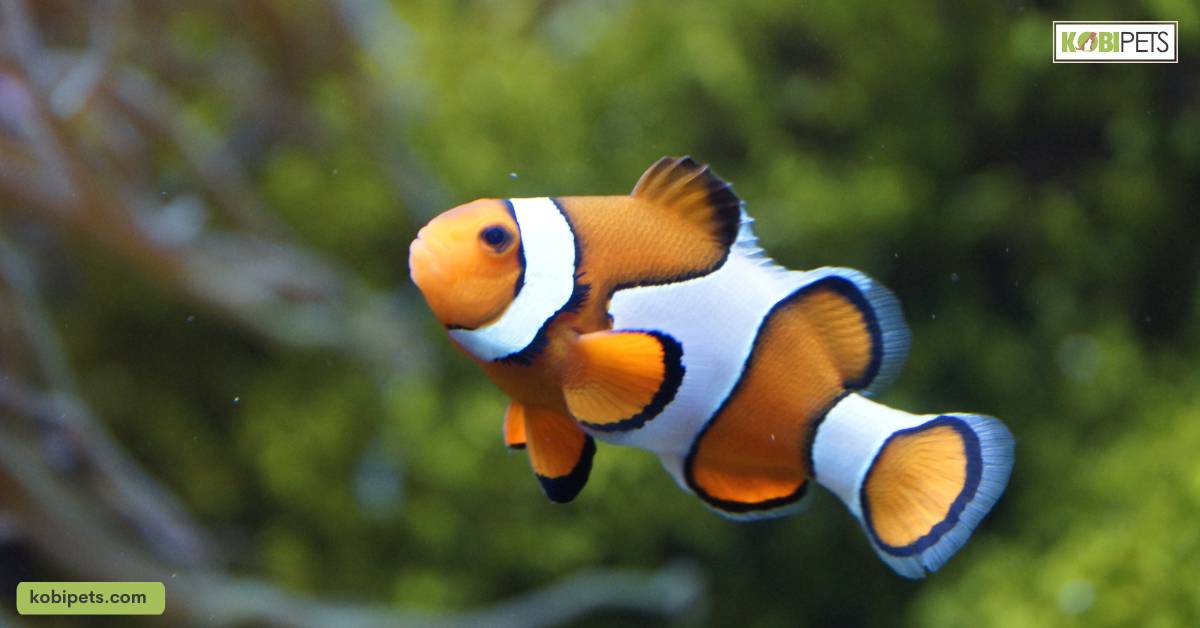
3. Overcrowding
Overcrowding is a big contributor to weakened fish. When there are too many fish in a compact space, the oxygen levels can dramatically decrease, leading to weak and sickly fish who haven’t been able to breathe comfortably.
Furthermore, overcrowded tanks create added stress for the fish as they don’t have enough space to properly establish territories and therefore are constantly at odds with one another.
This creates an environment where the weakest specimens don’t get a chance to survive as they soon become victims of bullying or physical injury from their tank mates.

4. Disease and Parasites
Disease and parasites are one of the top determining factors as to why your fish may be unusually weak.
Bacterial, fungal, and viral infections in fish can all be caused by a variety of different external factors, including improper water temperature or quality, stress, or even poor sanitation in its environment.
Parasites can also cause a breakdown of a fish’s health either by consuming their blood and tissue or using them as hosts to reproduce. Maintaining regular cleanings of tanks, ponds, and aquariums with an emphasis on proper temperatures is essential to ensure that both disease and parasites are kept in check.
Additionally providing appropriate supplements for your aquatic friends such as vitamins, minerals, and probiotics ensures their overall well-being.
Taking these precautions should naturally help maintain healthy populations of swimming animals that are free from both disease and parasite-related illnesses.

5. Temperature Fluctuations
Temperature fluctuations can cause serious distress to fish. Sudden changes in the environment can cause stress leading to decreased immunity and vulnerability to disease.
Without optimal temperatures, the metabolic functions necessary for growth and proper functioning are inhibited.
It is therefore important for aquarists to not only maintain suggested temperatures for their fish but also avoid sudden spikes or drops in temperature levels.
To best protect your fish from temperature fluctuations, invest in a quality heating system, such as an aquarium heater, with sensors that can monitor and regulate the water temperature.

6. Stress and Anxiety
Stress and anxiety are some of the main reasons why a fish can become weak. This I caused by any number of things, including changes in their environment, overcrowding, clashes in personalities within a tank, poor water chemistry, and disease.
Anxiety can occur in some fish if they aren’t given enough hiding spots or if they’re constantly being bothered by external forces – either fellow fish or humans. Finding ways to give your fish more peace and quiet where they feel safe can help to reduce their anxiety levels.
Maintaining a healthy environment also goes a long way toward keeping your fish happy and healthy; regular water changes, quality food, appropriate filtration, and aeration are all essential for prolonged health.
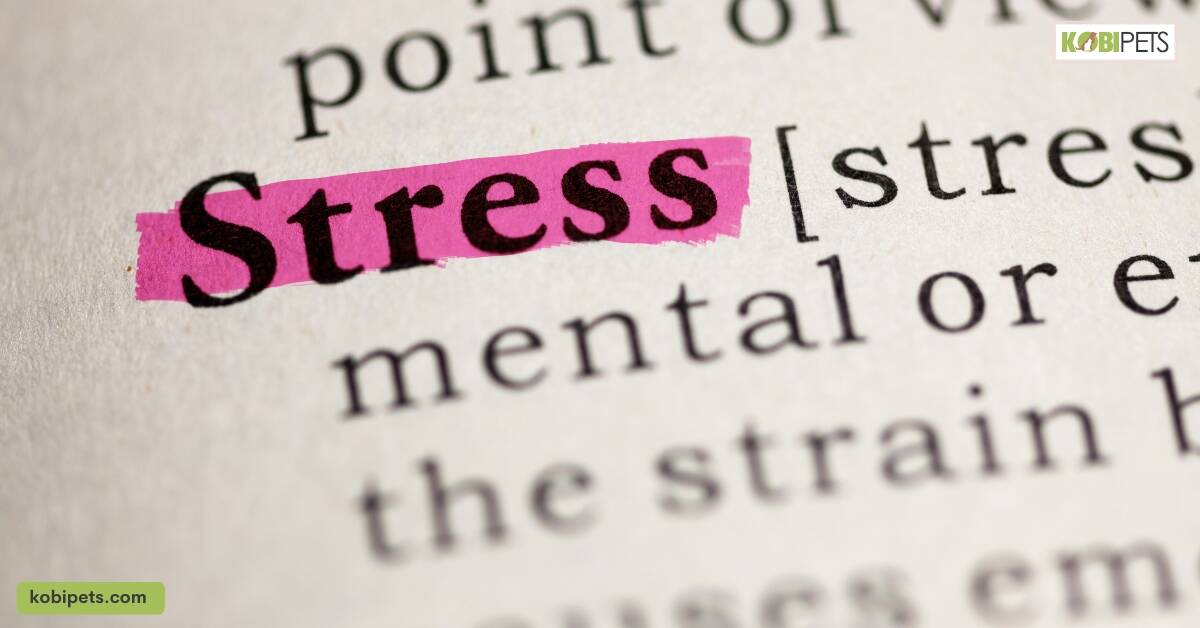
7. Genetics
Genetics is a major factor as to why some fish might be weaker than their tank mates.
Weakness can commonly be seen in the shape of poor color or unusual proportions that could potentially suggest an underlying genetic disorder.
While these conditions might not be fatal, they may prevent the fish from thriving and competing with their peers for food and resources. Additionally, some injuries or diseases can also be linked to genetic issues.
If you’re bothered by a weaker fish, it is best to discuss potential breeding solutions with your vet as some conditions may be avoidable via proper monitoring and thoughtful breeding plans.

8. Age and Lifespan
Examining age and lifespan is always an important consideration when determining the reasons why fish may become weak. Fish have a typical life expectancy that can vary depending on their species, but the average is around three to five years.
Fish start to show signs of aging and deteriorating health as they reach the limit of their natural lifespan.
It’s likely that a weakfish is close to death due to aging, so examining its age is necessary in order to determine if it needs medical attention or if it’s simply at the end of its natural life cycle.
On the other hand, if the fish appears young or has not yet reached its expected lifespan, further investigation into other possible causes of weakness should be undertaken in order to identify treatments for the condition.
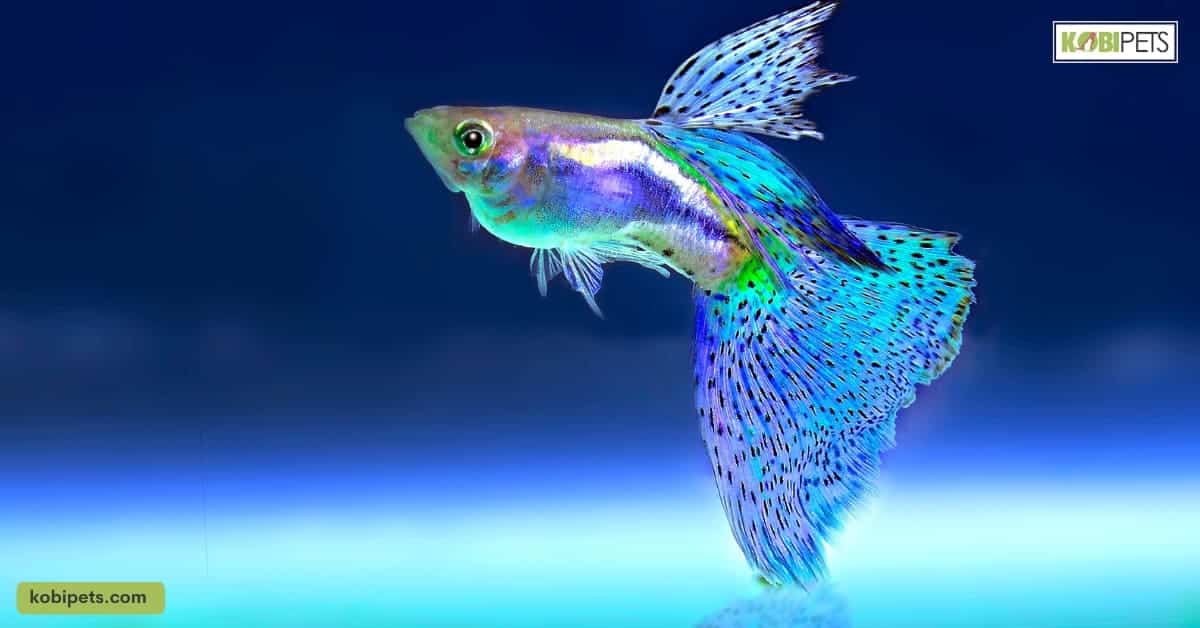
9. Lack of Exercise
Many pet owners are shocked to discover that their fish can suffer from a lack of exercise. Much like an athlete, if a fish does not engage in regular physical activity, it can experience a loss of strength and endurance.
Low levels of physical activity can also lead to muscle atrophy and can reduce their ability to respond quickly and accurately when there is a potential danger.
To ensure that your fish stay fit, you should provide them with plenty of space for swimming, as well as likely objects for swimming around or hiding behind.
By promoting healthy amounts of physical activity in your aquarium, you will be helping to increase the chances that your fish remain strong and active.
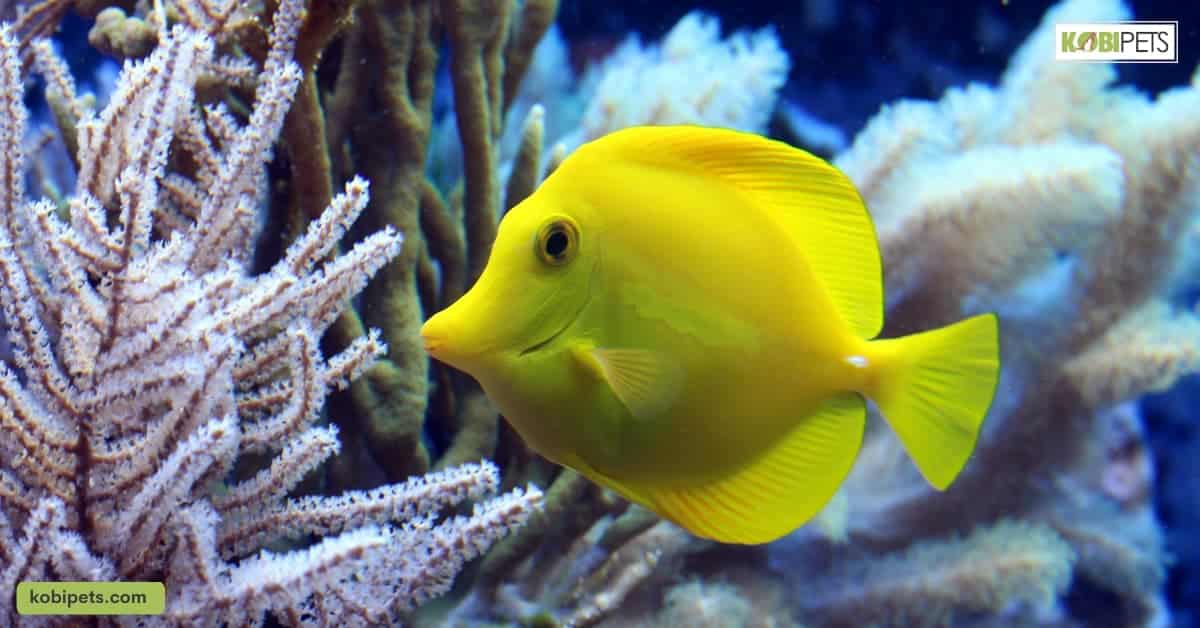
10. Environmental Factors
Environmental factors can take a major toll on the health of your fish. Keeping the tank or aquarium clean and well-maintained is essential for proper fish care.
Controlling water temperature, pH level, alkalinity, hardness, nitrate, and nitrite levels are all important steps to make sure your fish gets access to the right environment. Poor water quality can be incredibly dangerous for your fish as they might get exposed to high levels of toxins and suspended particles.
To avoid future issues it is crucial that you accurately monitor your water parameters during water changes and regular cleanings.
Make sure to use appropriate cleaning agents and never mix them together as this might cause unintended reactions that can harm your fish’s health.
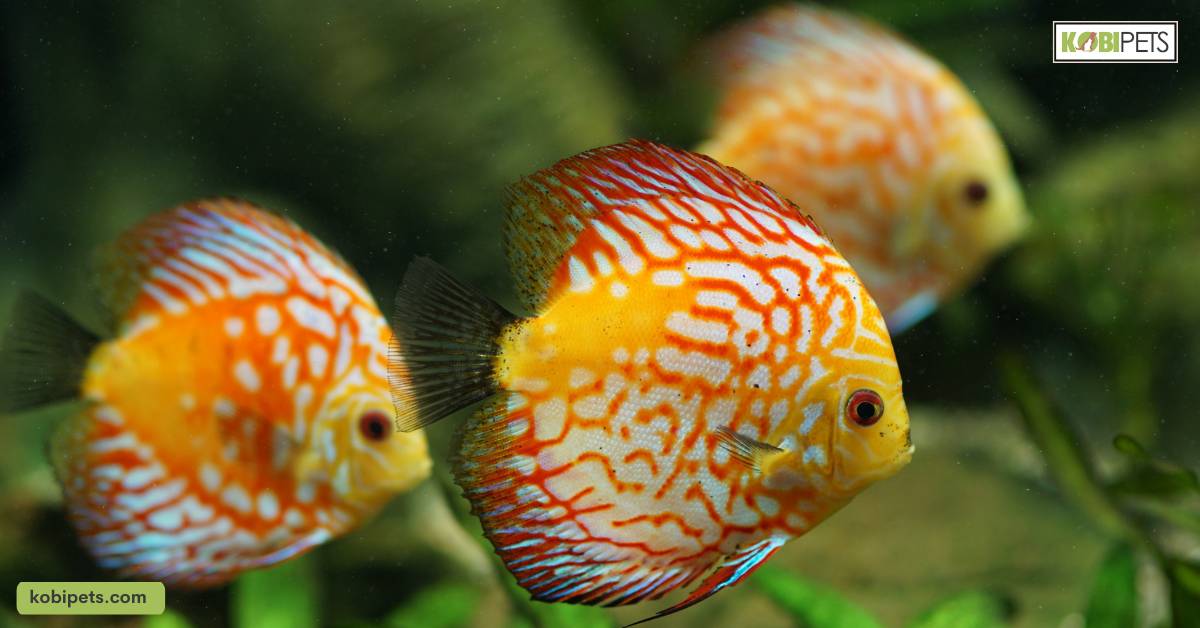
In conclusion
Overall, there are many potential causes for weakness in fish. In most cases, this could be due to environmental factors like the water temperature or composition or underlying issues such as disease and parasites.
To ensure your fish is healthy, it’s important to keep a regular check on their habitat and consider whether any changes might affect their well-being. As soon as you notice any signs of weakness in your fish, immediate action should be taken so that the issue can be resolved promptly.


